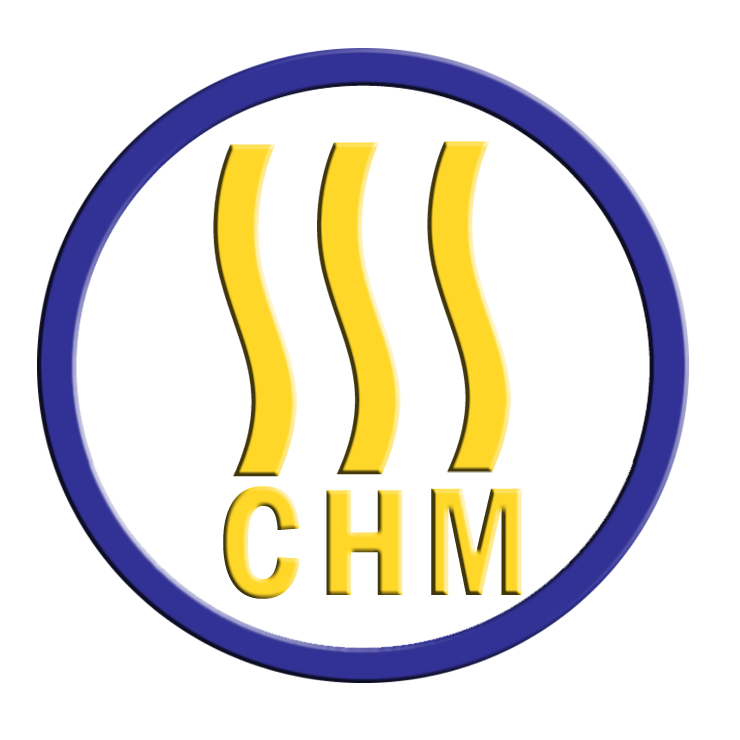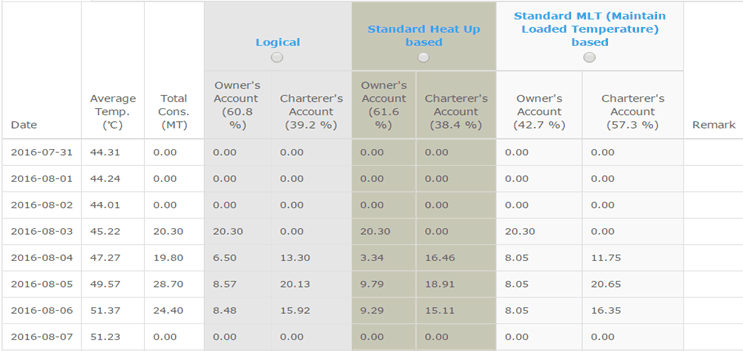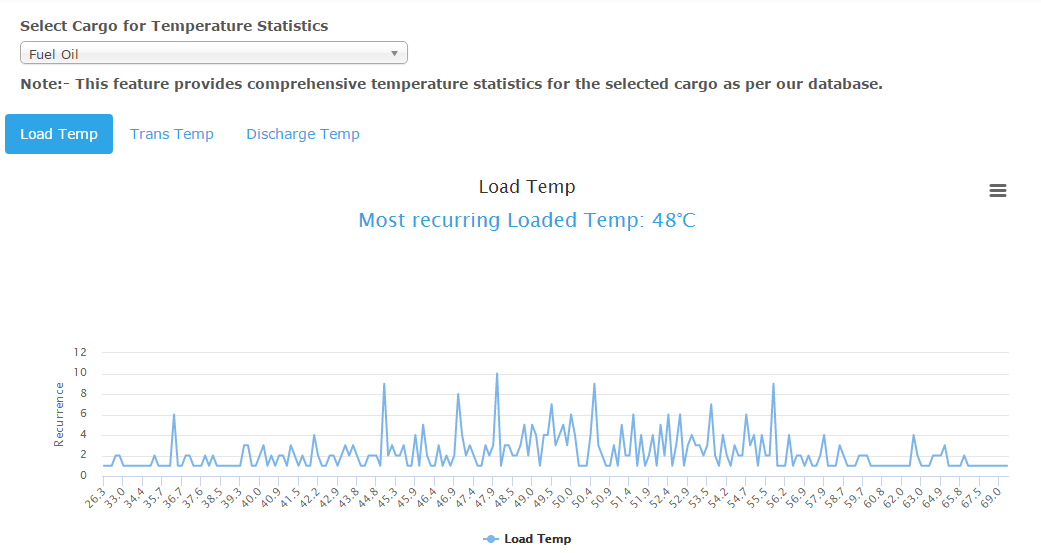
Cargo Heating Management Service aims to optimize boiler consumption on cargo heating through proper planning and monitoring of cargo heating operations onboard to assist the vessel staff and voyage operators. Having managed more than 4000 cargo heating voyages managed till date, Blue Water pioneers in providing a data-driven solution to optimum cargo heating management.
Penguins are a warm-blooded animal of cold climate. They survive in coldest and harshest climate on earth, where they can be the only animals there. It is rightly said that animal’s body is best living machine on earth. The Blue Water team was inspired by this animal and applied a derivative philosophy to shipping through our service, which targets energy conservation. Cargo Heating Management Service aims to optimize boiler consumption on cargo heating through proper planning and monitoring of cargo heating operations onboard to assist the vessel staff and voyage operators. Read more to see how proper planning and monitoring of cargo heating operations can save upto 20-30% boiler consumption on cargo heating.
Cargo Heating Apportioned Log Service(CHAL) splits consumption logically and reasonably between Owners and Charterers in the case of cargo heat up. This application was devised to scientifically segregate per day consumption between grade(s) duly taking into account cargo quantity, temperature, and ambient conditions.
Blue Water, through a customized application, splits the consumptions billable into reasonable Heat Up and Maintain fractions. This service supports the vessel manager in voyage P/L calculations and also avoids expensive claims or disputes among the stakeholders. For the vessels enrolled under Cargo Heating Management Service, it provided as an add-on service without any additional service cost.


CHAMP is an interactive and secure web application which allows our esteemed clients to access data of heated cargo voyages enrolled under Cargo Heating Management Service. It assists users to monitor/ compare their voyages at different levels of abstraction.